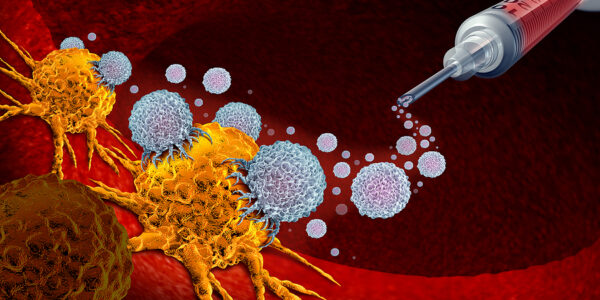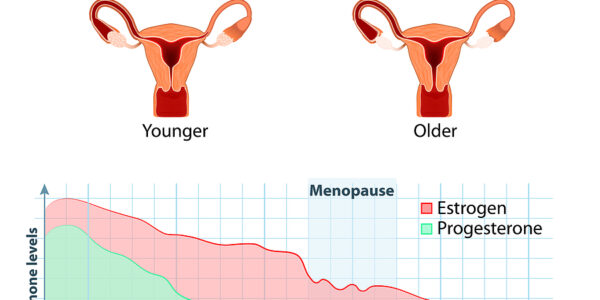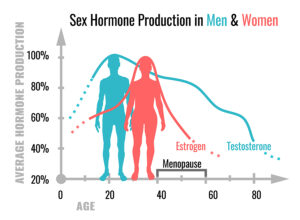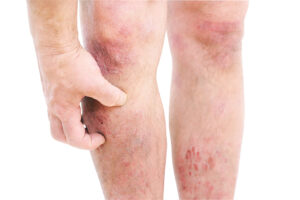A recent study showed that pollen allergies make Covid-19 infection rates worse. This was published in the Proceedings of the National Academy of Sciences (PNAS) in March 2021.
The study determined that airborne pollen exposure enhances susceptibility to respiratory viral infections. Specifically, this includes SARS-CoV-2 infections as well. There were 130 test sites in 31 countries across 5 continents where measurements were made. Pollen concentration, air humidity and temperature, population density and lockdown effects on Covid-19 figures were measured. In countries with high pollen counts, high humidity and higher temperatures the Covid-19 rates were up to 44% higher than in countries with low pollen counts and colder climates.
PNAS study in more detail
In the following I am discussing the PNAS study in more detail. The SARS-CoV virus from the SARS epidemic in 2002 and the present SARS-CoV-2 virus are both capable to suppress the body’s interferon response to either virus. Additionally, there are intracellular proteins with the name “inflammasomes”, which the SARS-CoV-2 virus activates. With excessive activation this causes a cytokine storm, where inflammation spreads through the whole body. In the blood this leads to disseminated coagulopathy with multi organ failures. In the lungs severe acute respiratory syndrome occurs with severe viral pneumonia. On average mortality is 3.4%.
Tree and weed pollen can weaken the immune response
A study from South Korea examined what happens with exposure in asthmatic and allergic school-aged children to tree and weed pollen. https://www.sciencedirect.com/science/article/pii/S0091674919311856.
Allergic reactions make allergic children more prone to rhinovirus infections by reducing interferon in the blood. In addition, allergic reactions stimulate inflammasomes. When the SARS-CoV-2 virus affects an allergic child, both interferon depletion and excessive inflammasome activation make Covid-19 much more severe than in a child without allergies.
Warm spell in the Northern Hemisphere
On March 12, 2020 the WHO announced the Covid-19 pandemic when over 33% of the world’s countries were affected by the SARS-CoV-2 virus. However, at the same time there was a large-scale warm spell across the Northern Hemisphere with tree pollens being distributed across the same regions. This resulted in an exponential increase of Covid-19 cases. The researchers determined that the rates of Covid-19 infections were highest in areas where there was a high tree pollen count, crowding of people and high humidity/temperatures. The researchers used data from 248 airborne pollen monitoring sites in 31 countries. The highest exponential growth rates of Covid-19 occurred in the countries with the highest pollen counts. 6 out of 8 countries studied with regard to high pollen counts showed a significant correlation with regard to Covid-19 infections in excess to just person-to person virus transmission.
Population density and lockdown affecting daily SARS-CoV-2 virus rate
Some countries had a complete lockdown when rates of infection were high. This reduced transmission of the SARS-CoV-2 virus by 50%. Those countries with only a partial lockdown still experienced a significant reduction of infection rates. Rural areas had significantly less daily SARS-CoV-2 virus rates compared to very densely populated cities.
The researchers observed the following:
- There was a lag effect of 4 days between the increase of pollen concentration in the air and infection increase with the SARS-CoV-2 virus
- Pollens in the air caused infection rates of SARS-CoV-2 to rise by 10 to 30%, but in some high pollen areas even up to 44%.
- Lockdowns reduced infection rates of SARS-CoV-2 by 50%
- Higher environmental temperatures and higher humidity of the air also increased infection rates of SARS-CoV-2, although this may have occurred indirectly by increasing the pollen count in the air
Discussion
- The authors added a thorough discussion of the multiple factors regarding the increase of the infection rate of Covid-19 in 2020. They pointed out that climatic factors, air pollutants, or pollen, often exert their effects at the same time. They quantitated the contribution of the pollen count in the air easily. In contrast, pollution and climatic factors were not predictable in their effects.
- The infection rate of the SARS-CoV-2 virus always lagged behind the increase in pollen count by 4 days. The researchers observed this in all those countries where increasing pollen counts were a significant factor.
- The epithelial lining of the nasal cavity is the target of inhaled pollen. The researchers cited several publications regarding reduced interferon production as a result of exposure to pollens in the nasal mucous membranes. This leaves the immune system with a weakness, which the SARS-CoV-2 virus exploits. Recently specialists discussed the use of intravenous interferon to interrupt the cytokine storm caused by the SARS-CoV-2 virus.
Conclusion
In a recent publication researchers showed that pollen allergies make Covid-19 infection rates worse. The investigators had 130 test sites in 31 countries across 5 continents where they took measurements. They measured pollen concentration, air humidity, temperature, population density and lockdown effects on Covid-19 figures. In March of 2020 there was a warming trend in the Northern Hemisphere. This caused pollen counts to significantly rise in many countries. The result was that the mucous membranes in the nasal cavity weakened. This made it easier for the SARS-CoV-2 virus to multiply and invade. A lag period of 4 days occurred between the rise of the pollen count and the start of SARS-CoV-2 infection. The authors recommend that those who react to pollens in the air should wear pollen filtering masks in the spring season. This minimizes the danger of getting viral infections including SARS-CoV-2 infections following pollen exposure.





















